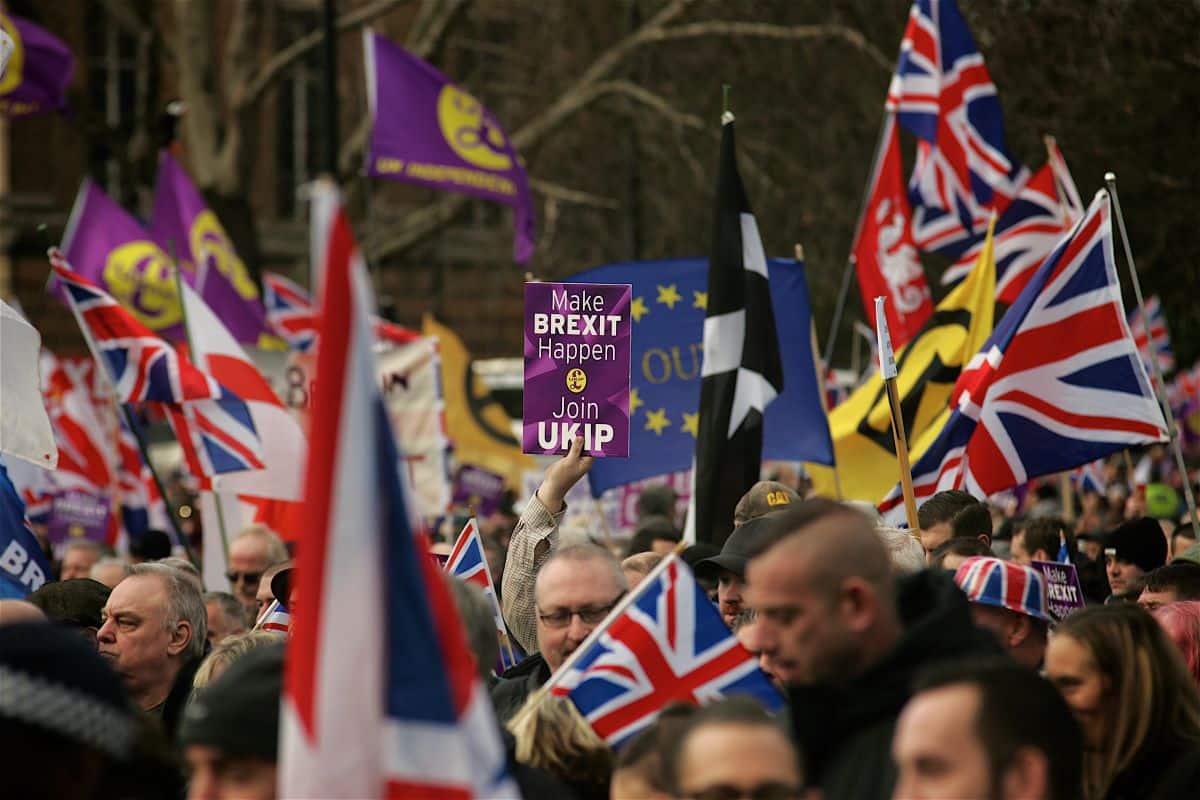The right wing of British politics has transformed since 2016. UKIP, founded in 1993 led the charge. Whilst it seems everything has changed, nothing really has. Reform UK isn’t new, and here’s why.
UKIP Fighting Since 1993
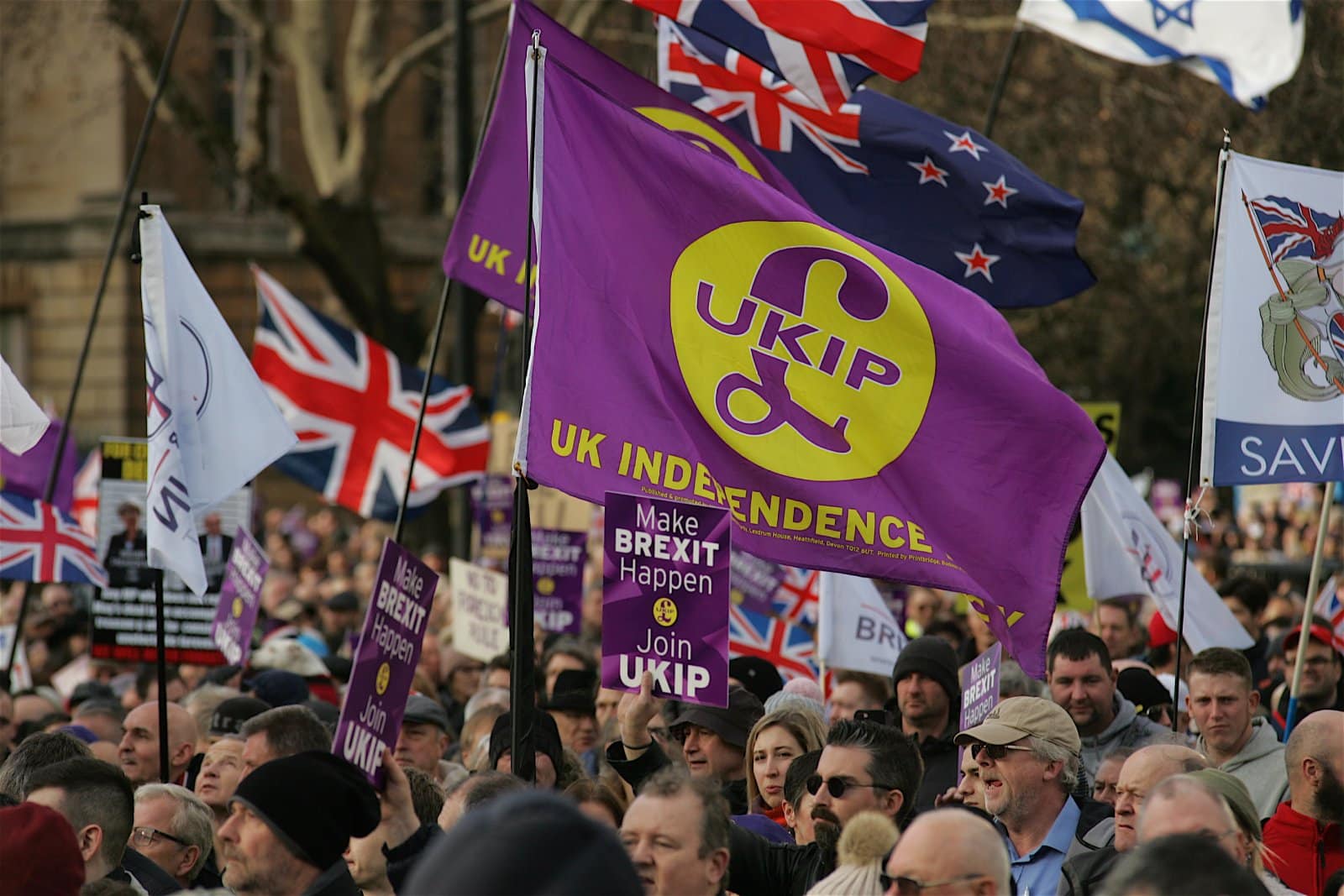
The United Kingdom Independence Party (UKIP) was officially founded in 1993. It had existed in various forms beforehand (most notably the Anti-Federalist League), but its true genesis was in the early 90s.
Single Issue Party
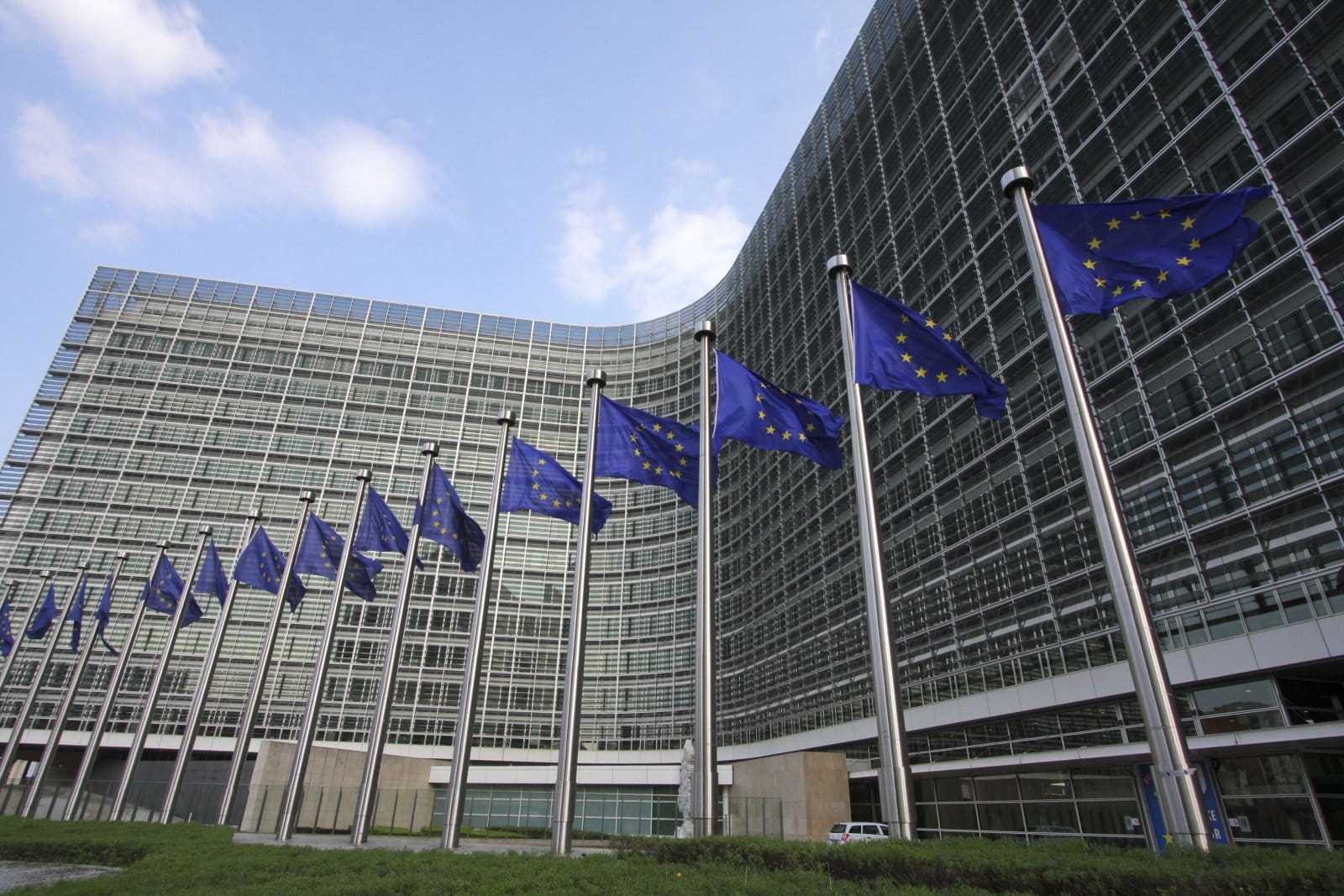
The reason d’etre of UKIP was to remove the UK from the European Union. Members of the party were unhappy with the closer ties and integration with Europe.
Early Ukip No Big Deal
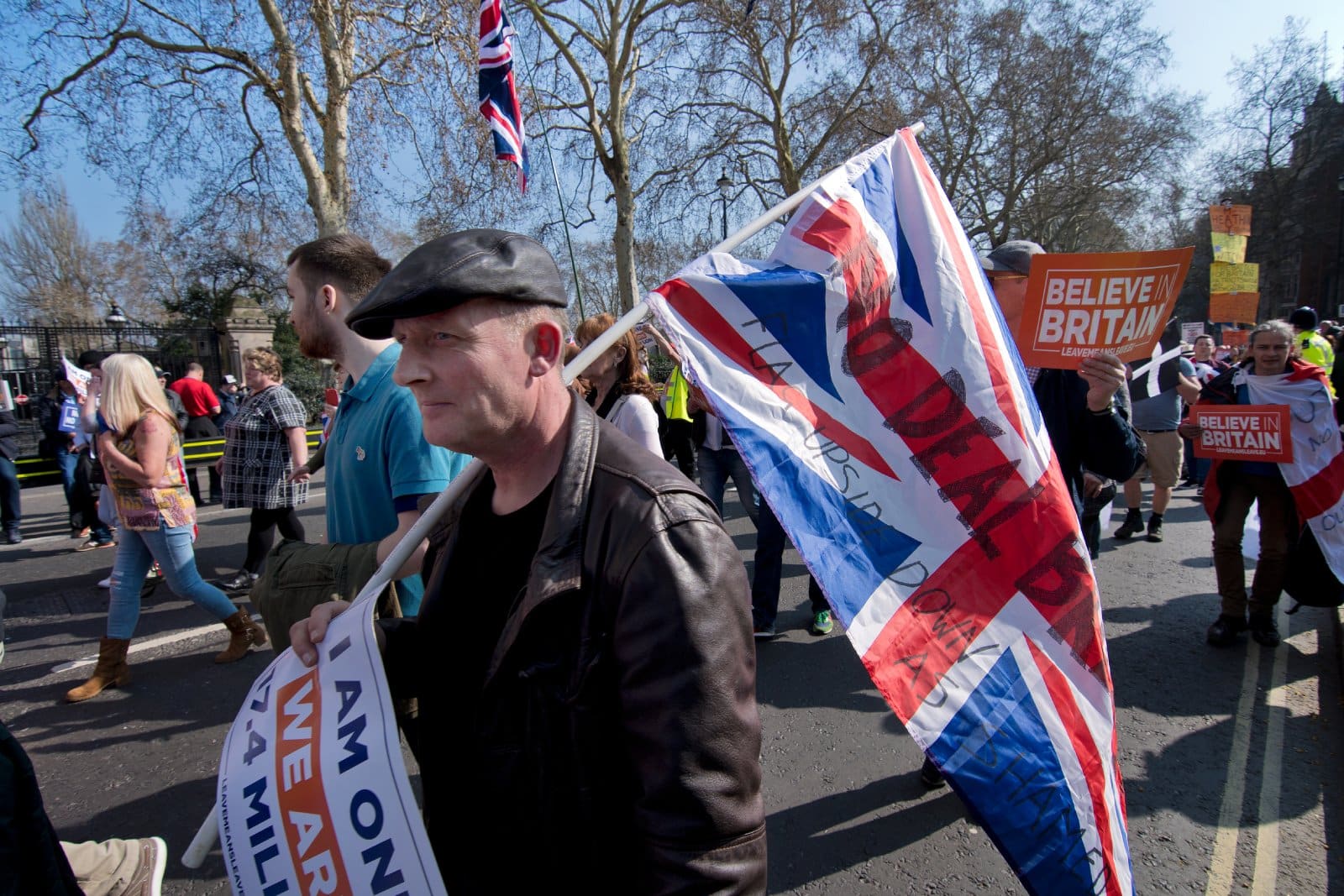
In the early days, UKIP was just one of a number of small far right parties. The space was largely dominated by the Referendum Party and the British National Party at the time.
Election Failings, Leadership Changes
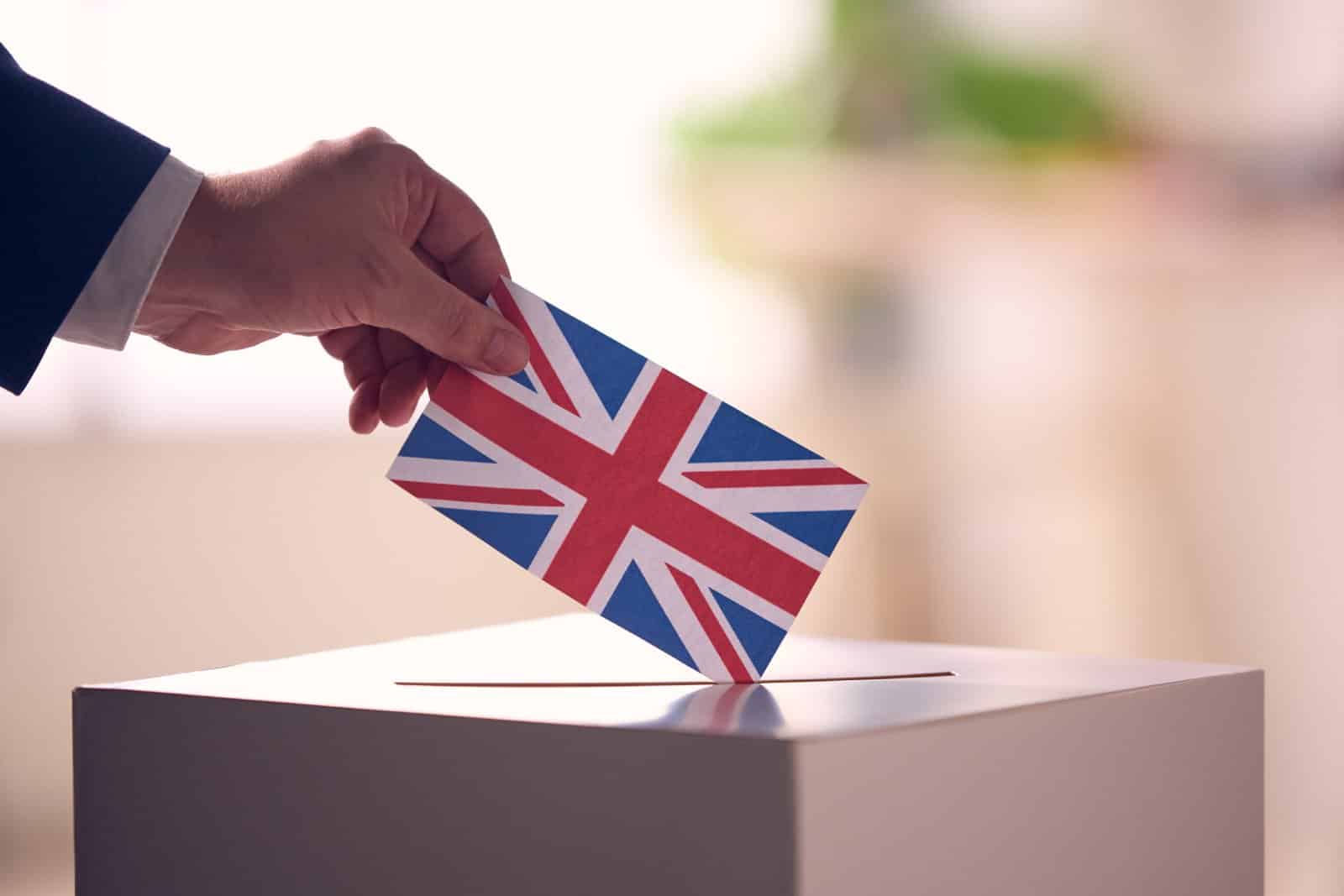
Thanks to several poor showings in elections, members of the party decided it was time for a change at the top.
Enter, Farage
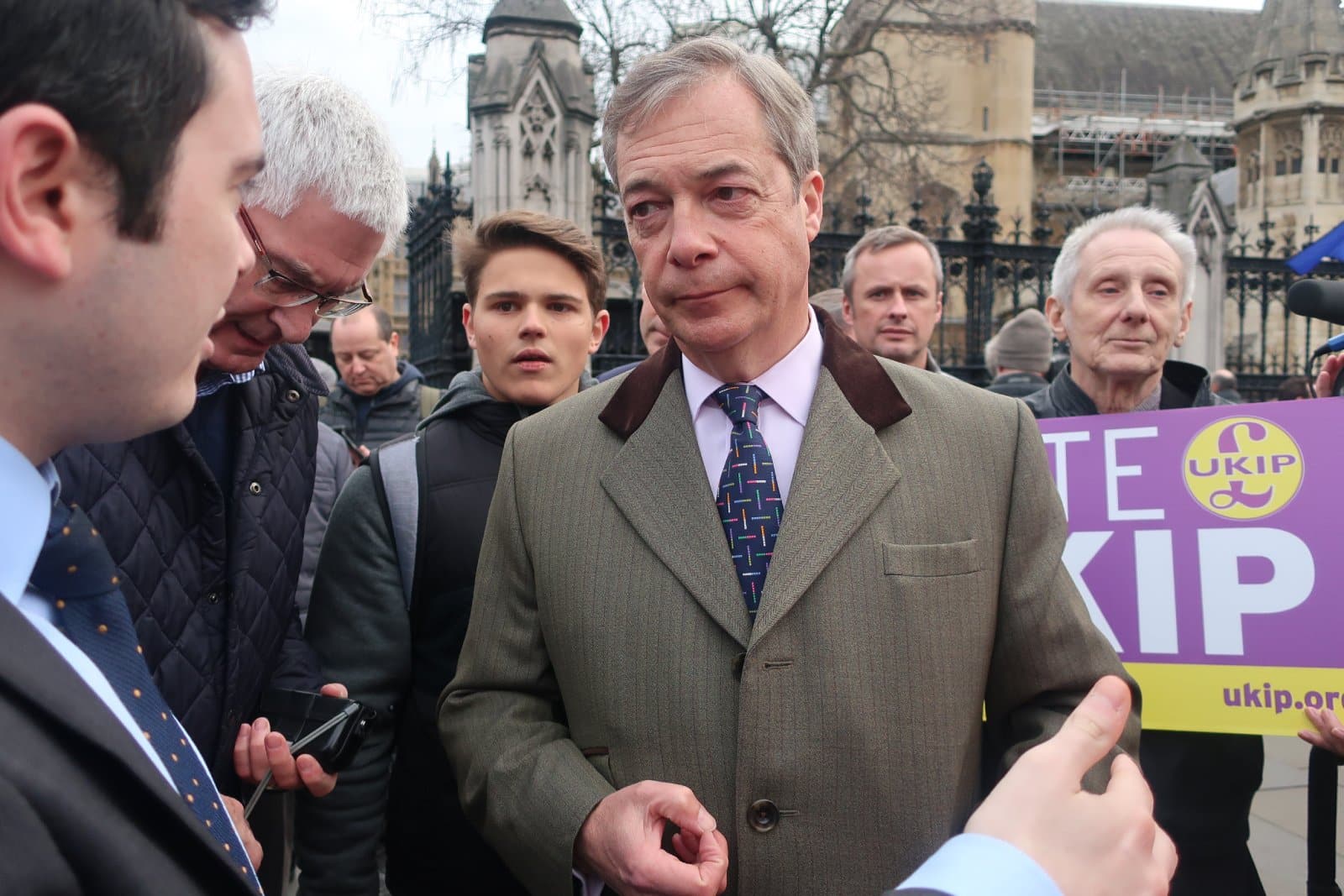
In 1997 Nigel Farage led a challenge against the party leader at the time, Alan Sked. Sked was replaced by Michael Holmes.
Right Wing Infighting

Under Holmes’ leadership, the party gained some moderate success – especially in European elections, ironically. Despite that, it didn’t take long for the in-fighting to start.
Friction Leading to Change

Holmes and the party’s national executive committee fell out, and one of the party’s MEPs, Jeffrey Titford was elected leader.
UKIP Clipped by Tories
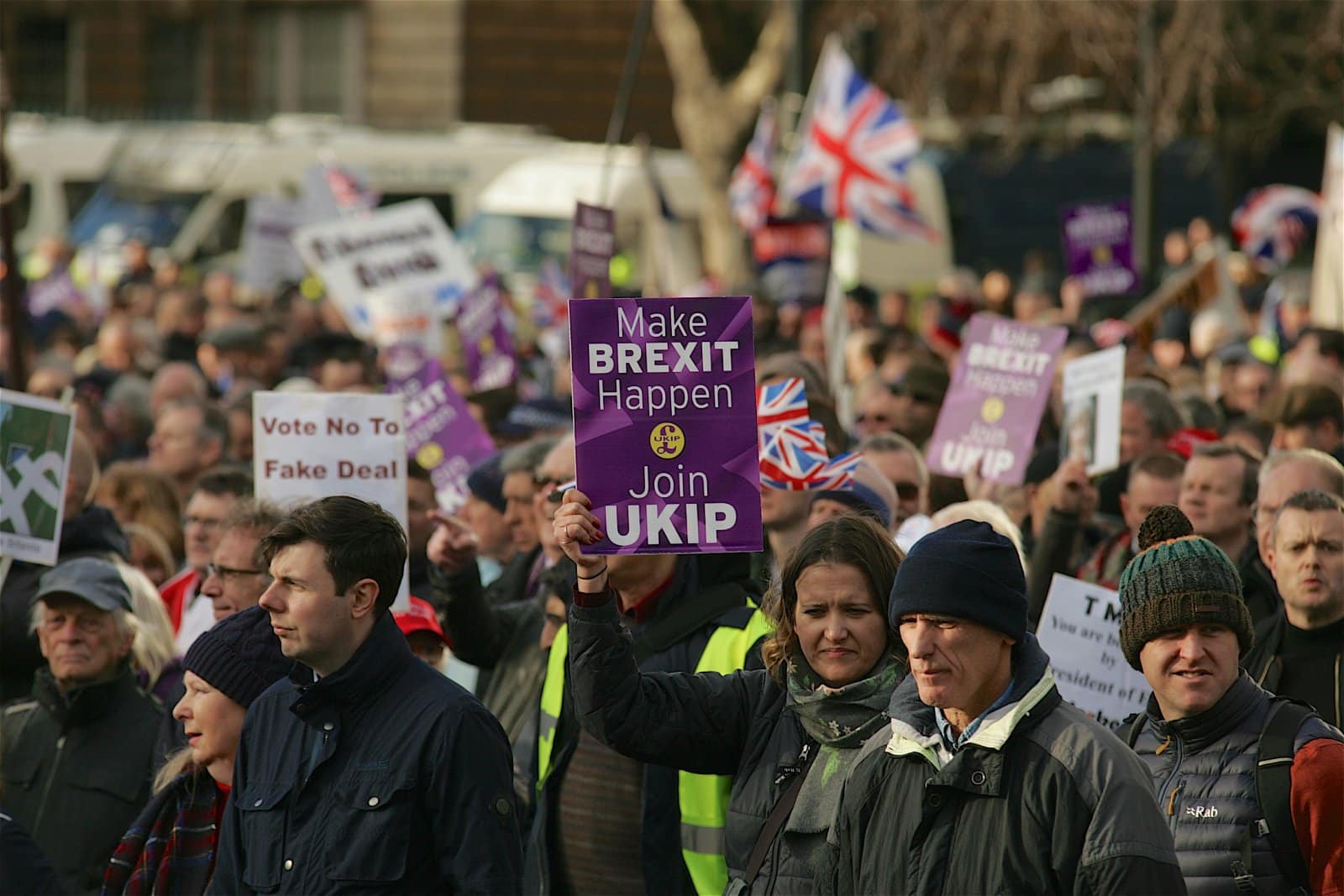
Despite experiencing some modest growth in the early 2000ss, UKIP had their wings clipped by an increasingly Eurosceptic Tory party. To combat this, they brought in former Tory MP Roger Knapman.
UKIP Reborn

Knapman and his more professional colleagues helped to grow UKIP further, turning them into a slightly more credible outfit. The changes led to increased vote share and more publicity.
UKIP Still in BNP Shadow

In the early 2000s UKIP was making progress, but was still in the shadow of the BNP. Some members of UKIP suggested a merger, but Farage (by now a prominent voice in the party) strongly opposed this.
Farage Becomes Leader
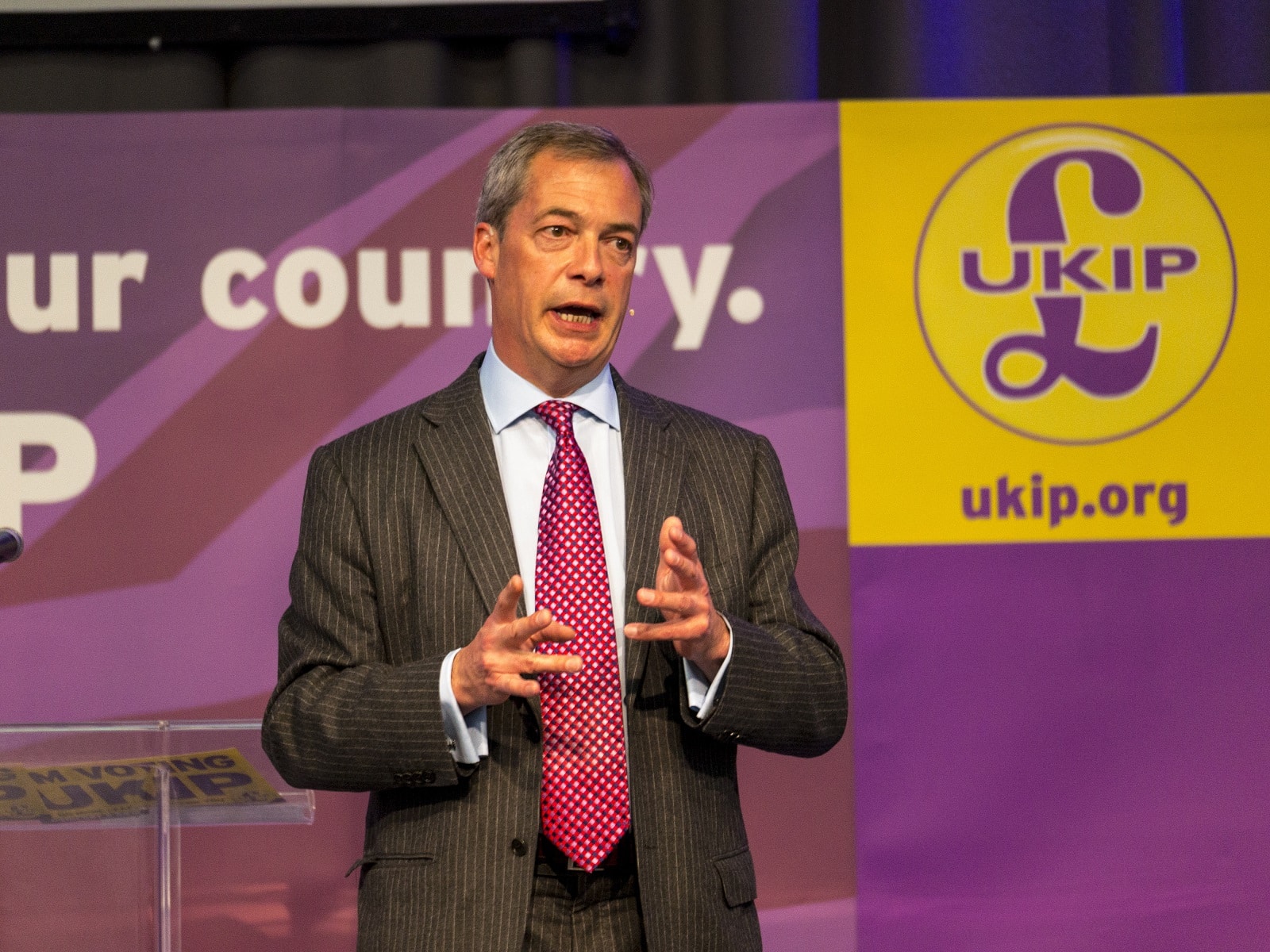
Farage went from a senior member to the biggest and most influential voice in the party and was officially elected leader in 2006.
Broader Base Policies

Under Farage, UKIP took a different direction. They opened up their policy base, taking a stance against rising immigration, promoting LGBTQ+ policies, and Scottish, Northern Irish and Welsh nationalism.
Brexit Doing, Then Done
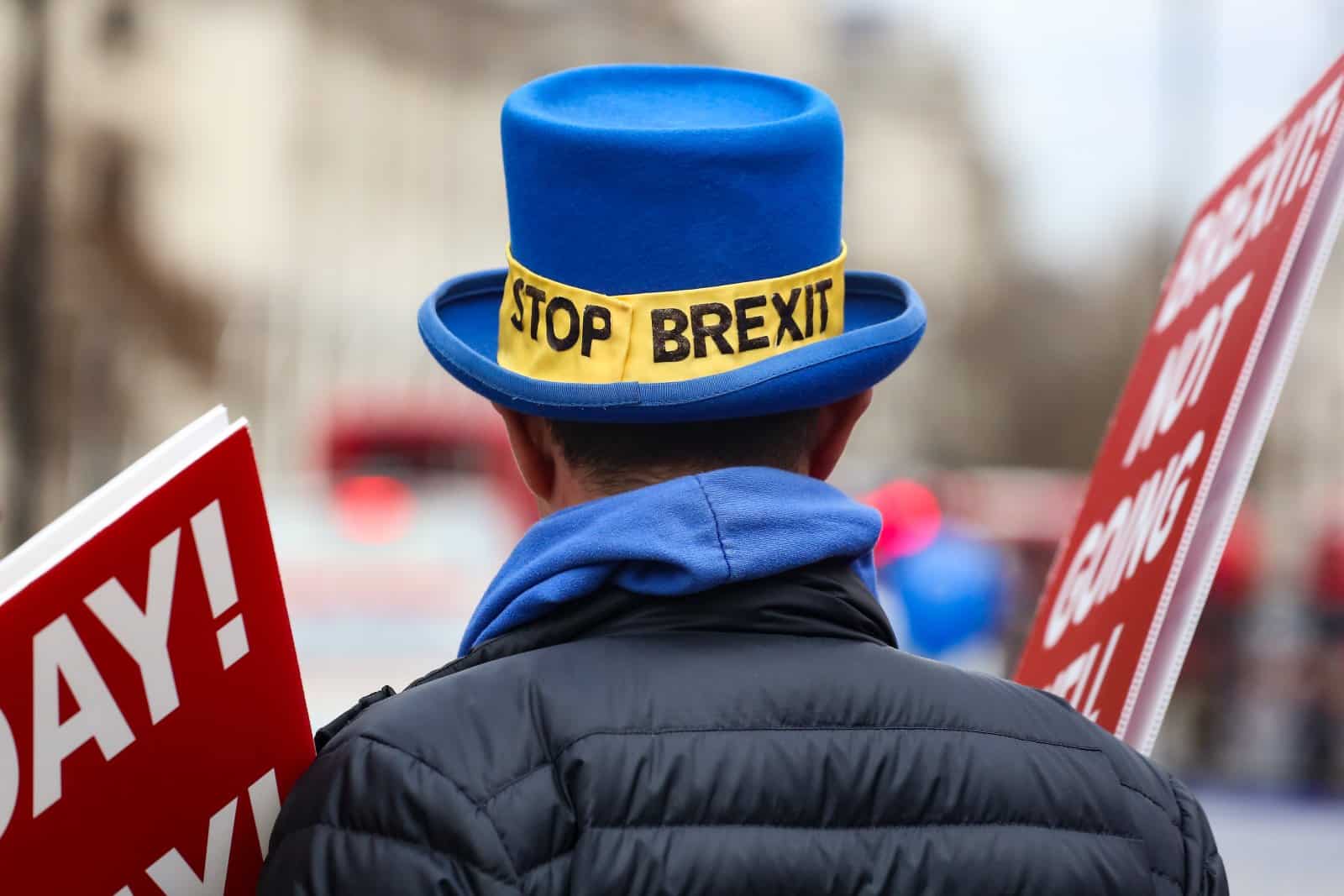
The promise from Cameron to offer the Conservatives a referendum on UK membership of the EU was the fuel Farage needed to send his profile into orbit.
Brexit Making of Farage

The Brexit debate meant Farage became more mainstream – not with his views, but with his constant media appearances. His whole political career had been built around this issue, and it turned him into a political celebrity.
The Personality Politician

There’s no Farage without UKIP, and ultimately, there was no UKIP without Farage. He effectively outgrew the organisation, and upon the referendum result, he left.
UKIP Limped On
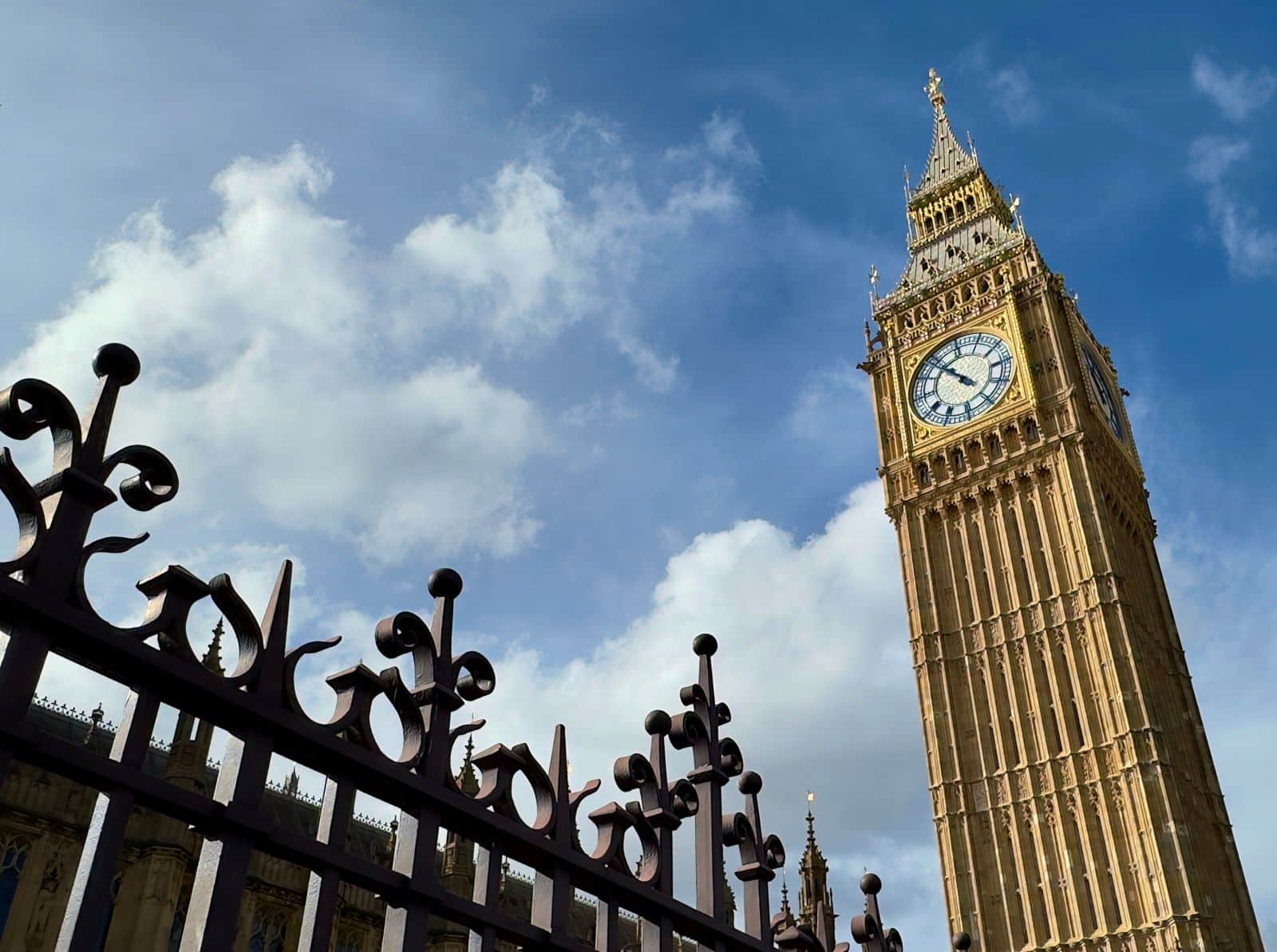
With Farage gone, the lifeblood of the party had gone with it. UKIP was never the same again, but there was space on the right for another party.
Brexit Established
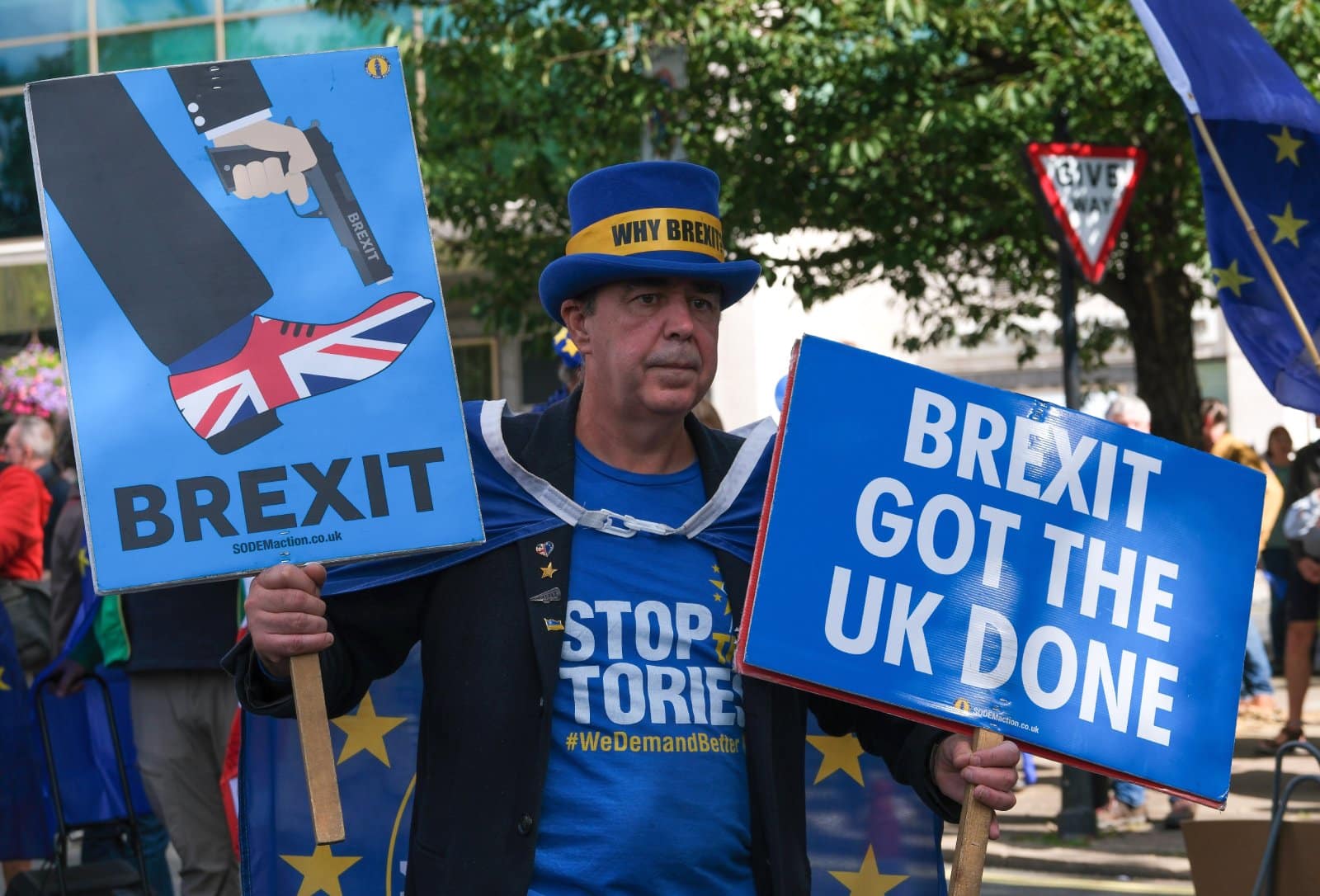
UKIP imploded, and in 2018, the Brexit party was established from UKIP’s ashes. The party was renamed ‘Reform UK’ in 2021. It was led by Farage between 2018 and 2021, then Richard Tice took over.
Reform UK Is UKIP by Another Name
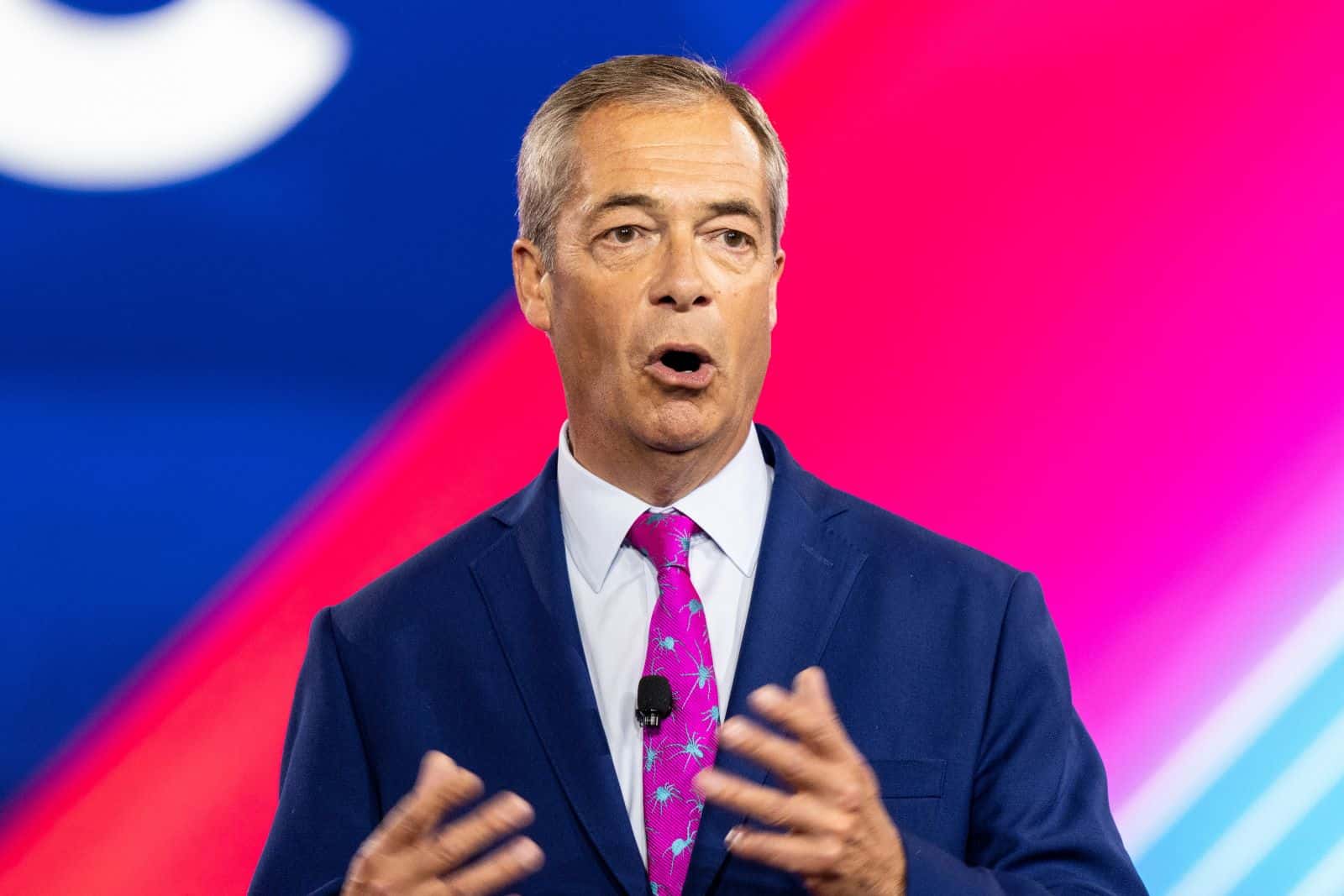
Whilst Reform UK seems to be new, it’s UKIP in almost every way. It’s UKIP in policy, in structure, in membership and now, in leadership. Farage took control of the party again this summer.
Reform UK Are Only New in Name
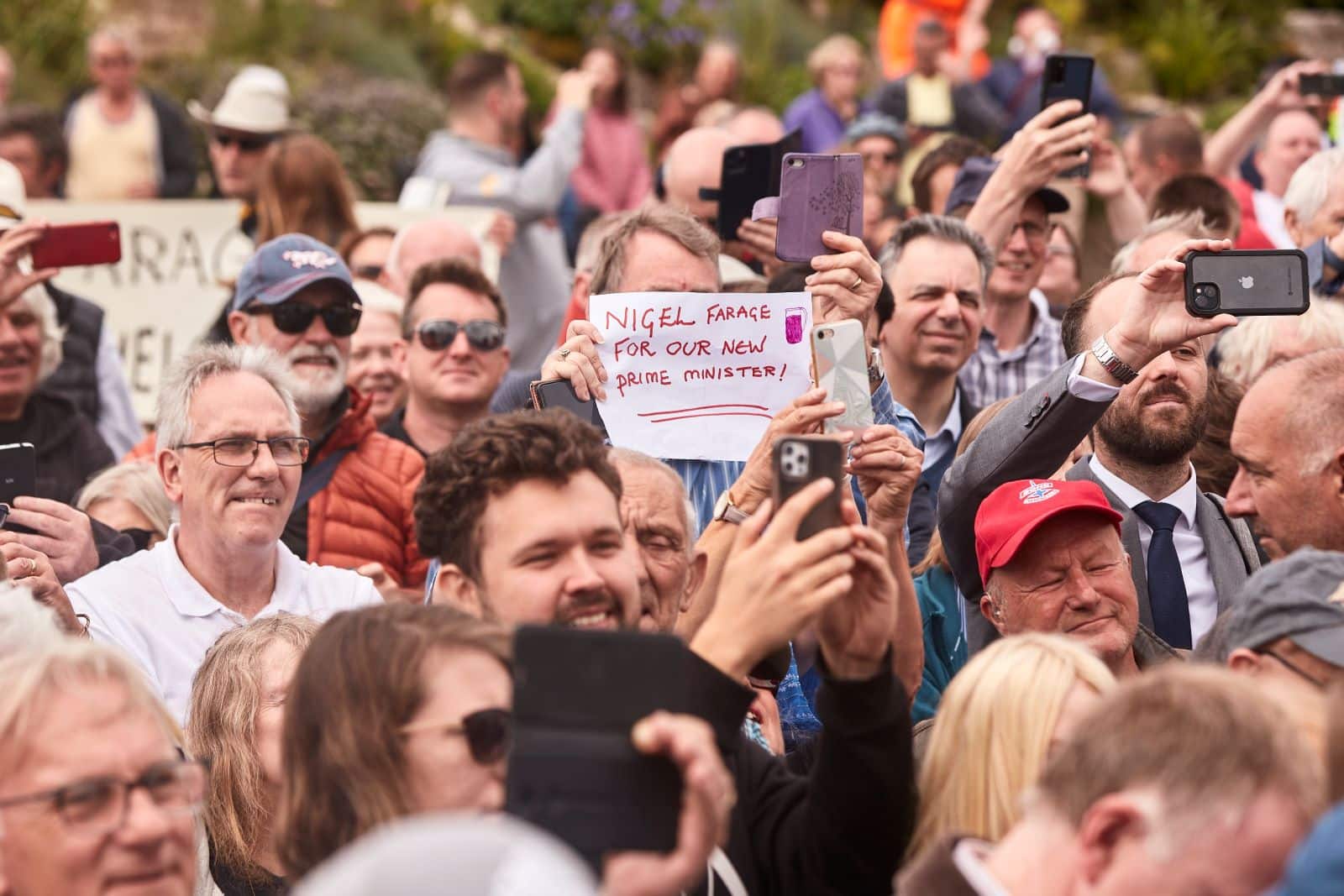
Whilst Reform UK might sound like a new party, none of the people at the top of it are political newbies. They have MPs, seasoned campaigners, defectors, councillors and substantial financial backing. This is absolutely no underdog story.
Only New to the Newbies
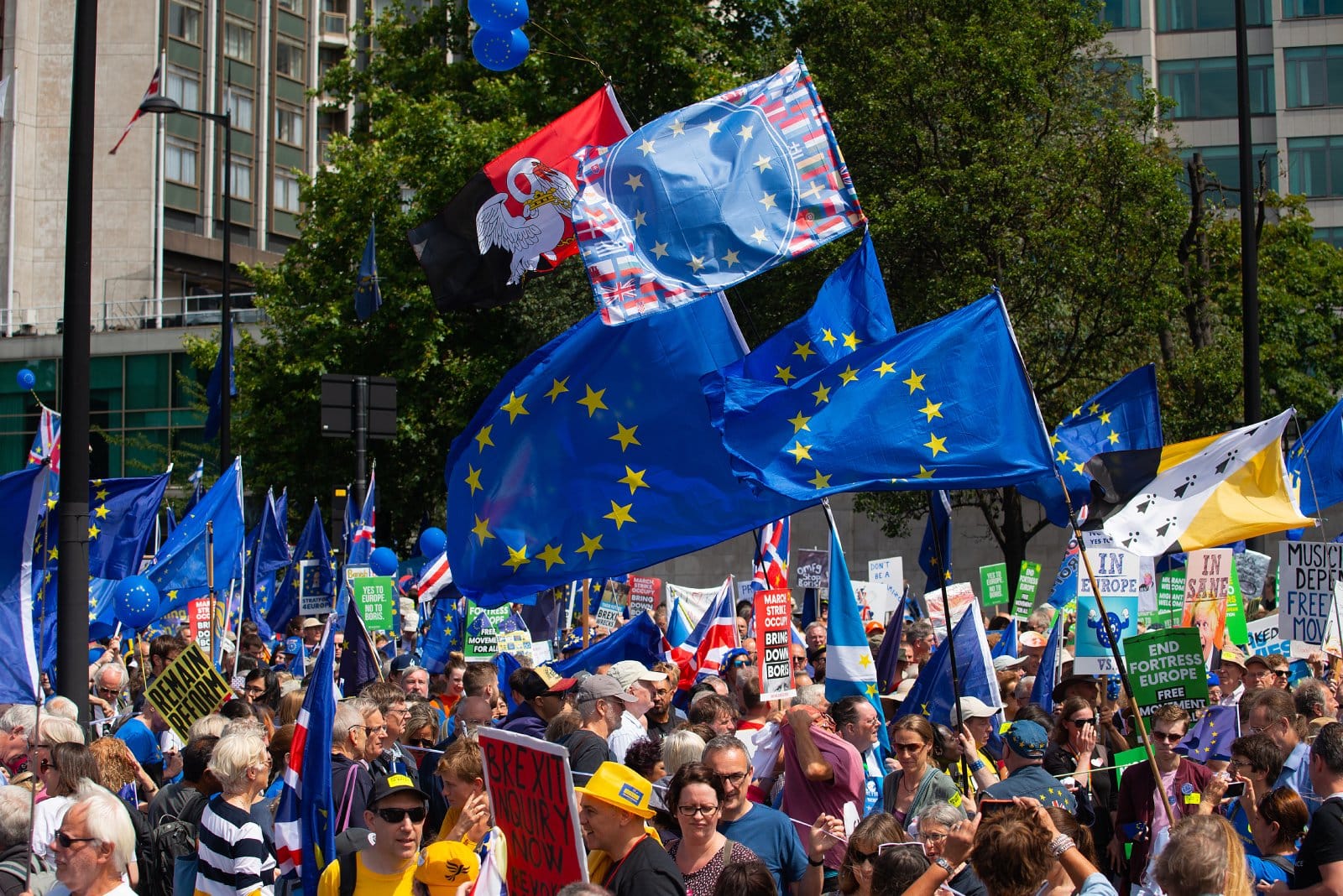
To those new to politics, they might see Reform UK as the new kids on the block, here to stir things up. Those of us who have been around know a thing or two – we’ve seen Reform UK in their previous guise, and we aren’t fooled. This is UKIP.
Reform UK Needs to Reform Itself
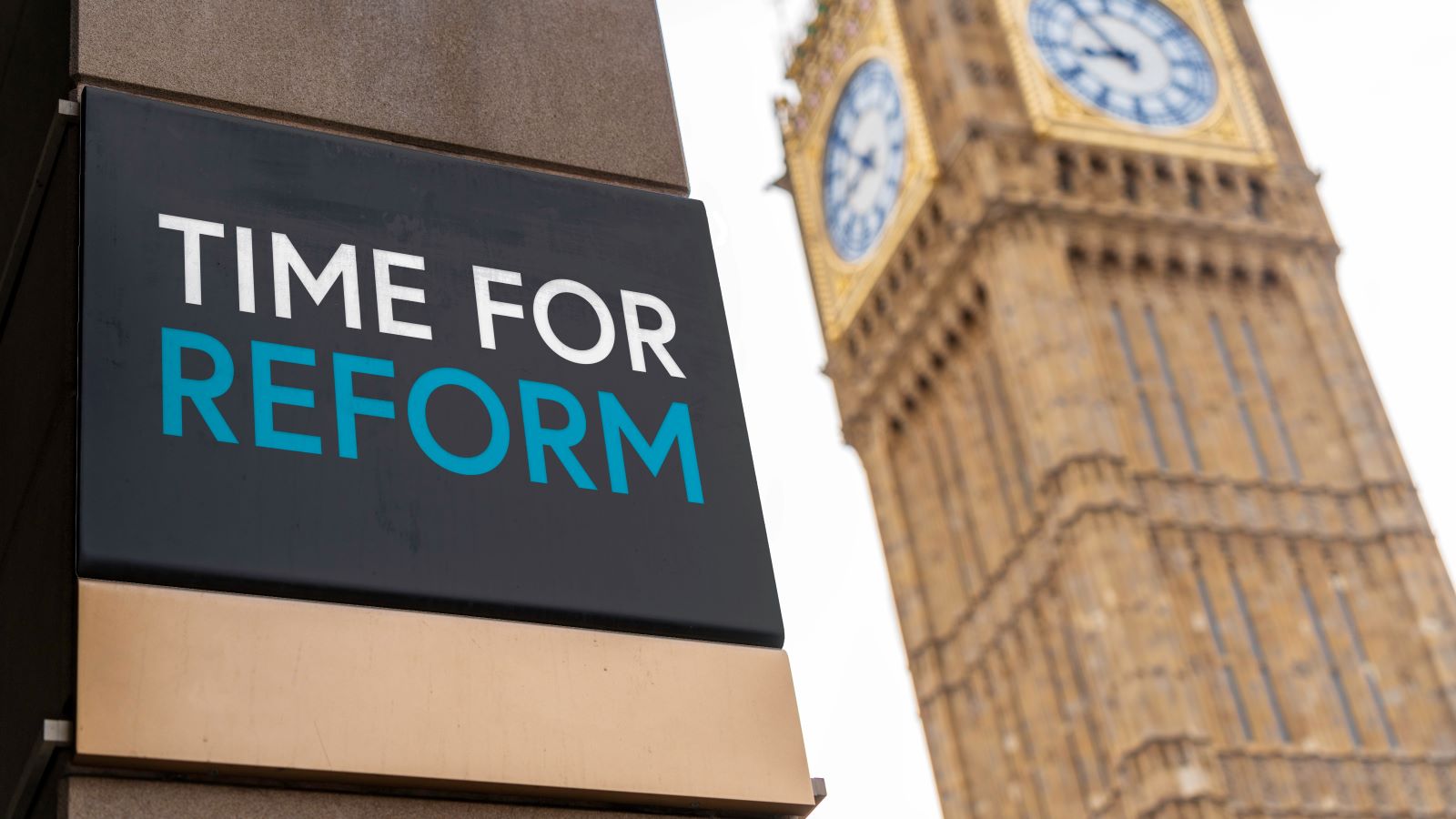
If Reform UK wants to effect serious change in the country, they’ll have to start taking their role seriously. Inflammatory politics, ridiculous candidates, and confusing politics with celebrities won’t do it.
Featured Image Credit: Shutterstock / Rupert Rivett.

